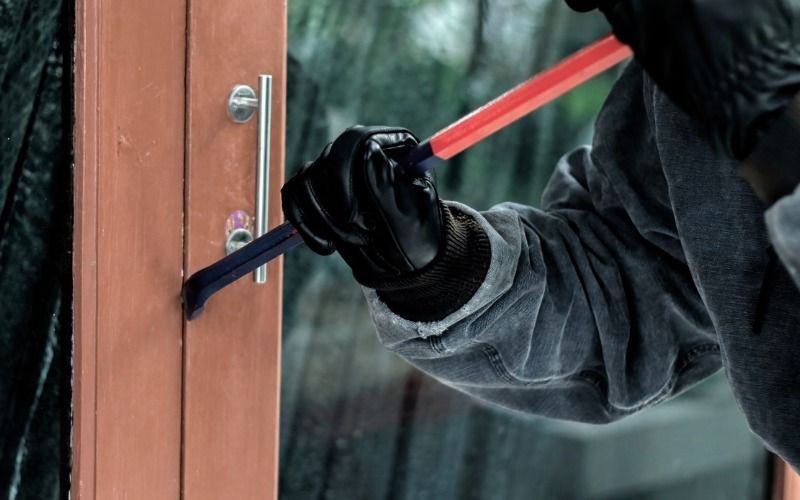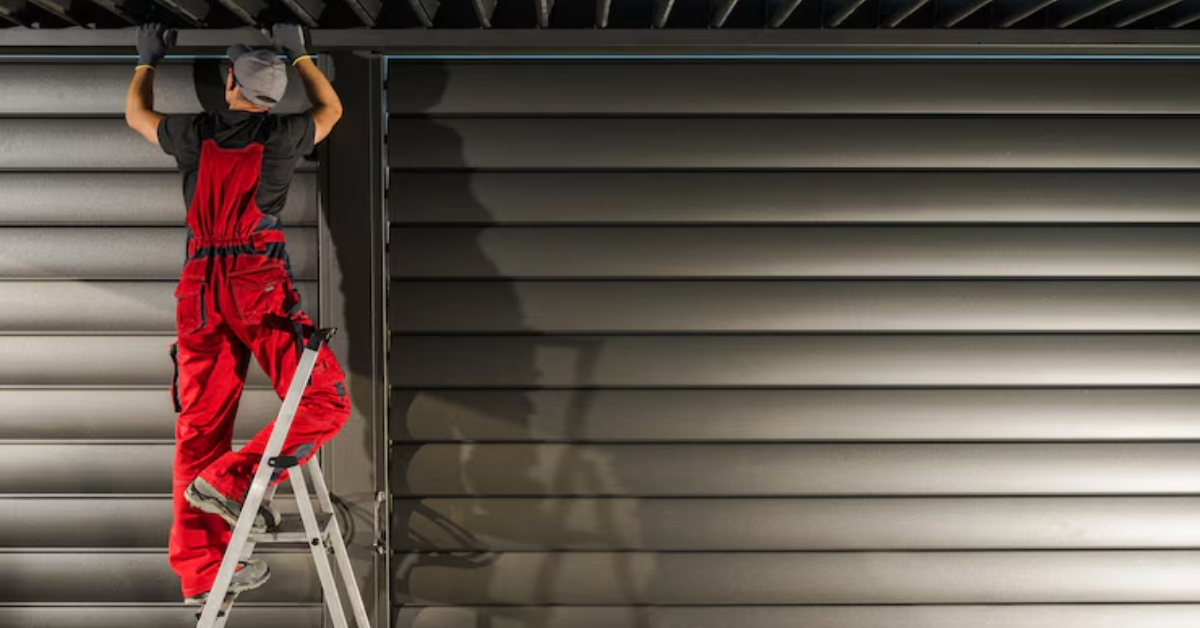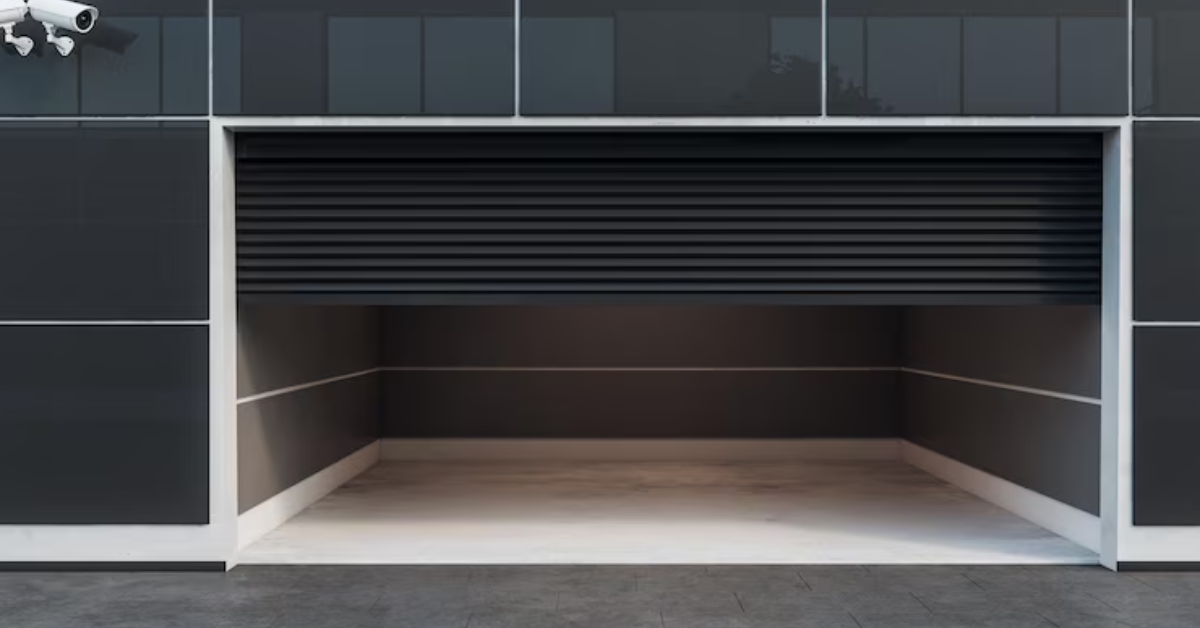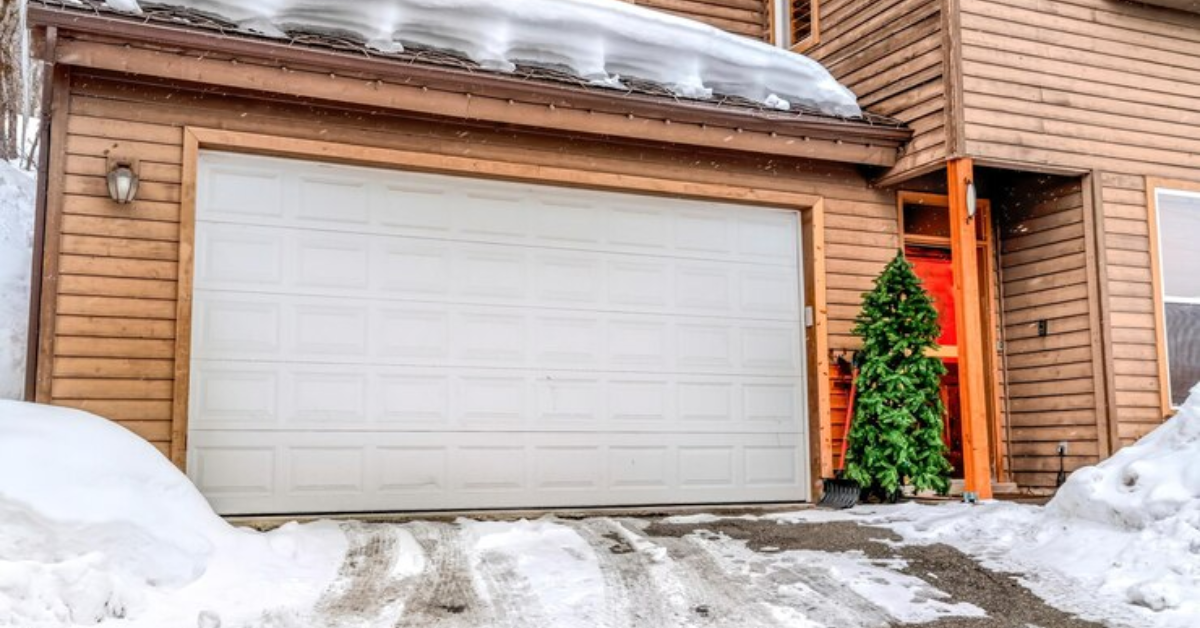How To Keep Thieves Out Of Your Garage
How To Keep Thieves Out Of Your Garage

It makes sense to secure your home. Most people automatically lock their doors and windows at night. But far too frequently, when thinking about how to defend our home, the garage is disregarded. Unfortunately, burglars are aware of this as well, and they can attempt to enter your home using the open garage as a cover. Let's go through some useful advice for keeping your garage and house safe from thieves.
Don’t let burglars see what’s in your garage:
The garage might be a terrific place to store stuff you'd prefer not to keep inside your home, but doing so puts you at risk of being targeted by burglars seeking for a quick grab. The first thing you can do is remove anything from your garage that can give robbers the impression that your home is more desirable. Those golf clubs can they be put in the attic? Can you lock up those power tools in a shed? When thinking about garage security, start by asking yourself these queries.
You might be thinking, "There is absolutely no way I can put my life-sized Shaquille O'Neal mannequin anywhere else besides the garage," even though this is a great place to start. Take heart! We have your back.
The garage door must be kept as much of the time closed as feasible in the next phase. We would only make care to close the door after each use in an ideal world. Life does, however, happen! The Liftmaster 87504 and other garage door operators (also known as openers) have features like "auto-close" that guarantee your garage door will always return to the closed position after use.
Congratulations! Most of the time, your door is closed. There might be one more issue left. Fortunately, it can be quickly fixed. Does your garage door have windows? Even with the door locked, this can be a simple way for criminals to check out your garage. To prevent this, just buy some window frosting or film, trim it to size (if necessary), and adhere it to your windows.
Now that we understand the foundations of garage security, let's move on to some further advice to protect your family, house, and garage.
Make sure the burglar can’t be sneaky:
Burglars adore darkness and solitude, much like a stressed-out parent. We won't permit that, much like the insistent 3-year-old who keeps knocking on the door.
Adding sufficient illumination to the front of your garage is one of the simplest things we can do.
-If your garage doesn't already have illumination, think about installing at least one on either side of the exterior door.
-If there are lighting fixtures in front of your garage, you might want to think about switching out your old light bulbs for newer, brighter LED ones.
We'll make sure the thief is never alone in or close to your garage now that we've cleared the outside of the garage of darkness. Using security cameras is the simplest way to do this. Operators with built-in cameras, like the Liftmaster 87504, eliminate the need to purchase an entirely new security system.
Make Sure Your Garage Is Sealed: A good seal can accomplish more than just releasing the popular song "Kiss from a Rose," which appeared in the Hollywood blockbuster Batman Forever in 1995. It can also ensure that thieves are unable to enter your garage using tools like fingers, hangers, and hooks.
We're primarily examining the seals at the bottom and sides of the garage door.
Trim on the sides establishes a seal between your garage wall and the actual garage door. Check for tearing, fraying, or gaps in the trim in this region.
-The bottom rubber on the garage door's base forms the seal between the ground and the door. Make sure the bottom rubber extends all the way to the ground first. You might need to change the operator's limitations if your door stops before it reaches the floor. Also look for fraying, tearing, or gaps in the rubber in this area.
Give us a call and we'll help you out if you discover any problems with your seal or bottom rubber or if you need assistance changing your operator's restrictions!
Make the garage harder to get into:
Sometimes, merely closing the door won’t get the job done. For example, non-insulated doors are much easier to bend and break than a triple insulated steel-back door. While this may be great information if you’re already considering buying a brand new garage door, it may not be practical to replace your entire door.
For those looking to solidify their door without entirely replacing their door, struts can be a great solution. Struts are metal bars that run across your garage door, providing extra structural support to prevent bending and breaking.
Thieves may look to trigger your emergency release lever by sliding hangers or hooks between the panels of your garage. Hardware like the Garage Door Shield prevents this by blocking your emergency release in a shield like structure, indicated by the name.
Lock It Down:
Just about all of us lock our front and back doors, as well as our windows. The garage, however, is often overlooked when considering what to lock up to keep your home safe. The simplest solution is to lock the door from your garage to your home. It’s easiest to do this right before bed, or even as you’re walking in the door when you’ve returned home. While this is a great solution to prevent thieves from entering your home, there’s also a few types of garage door locks that will keep unwanted visitors out of your garage:
- T-Lock: This lock has cords in the middle of your garage, attaching to locks on the side of your door. The key access on the outside lets your manually access your lock from the outside.
- Vault Lock: Usually for detached and manual garages, this lock has a key access on the outside, with a cord running to your emergency release.
- Auto-Lock: Typically connected to a jack shaft, this lock will automatically secure your garage once it’s closed.
- Slide Lock: Sitting on the side of your garage door, this lock can slide into your track manually, to keep your door closed. Careful though! This lock can only be accessed from within your garage.
Your garage will be more impenetrable than the 1985 Chicago Bears defense if you adhere to these suggestions. Of course, you can contact Fix N Go if you need any help or have any queries!




